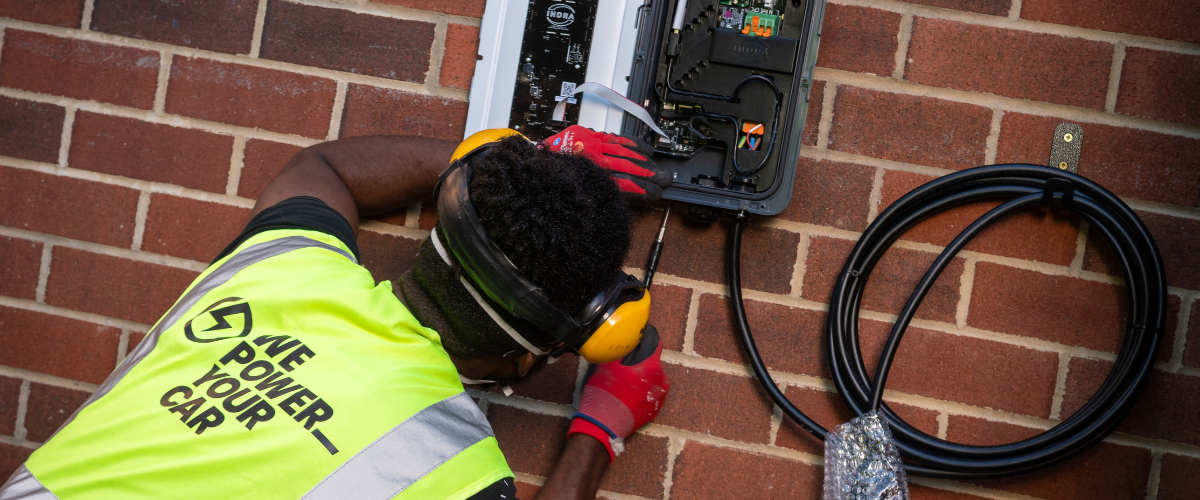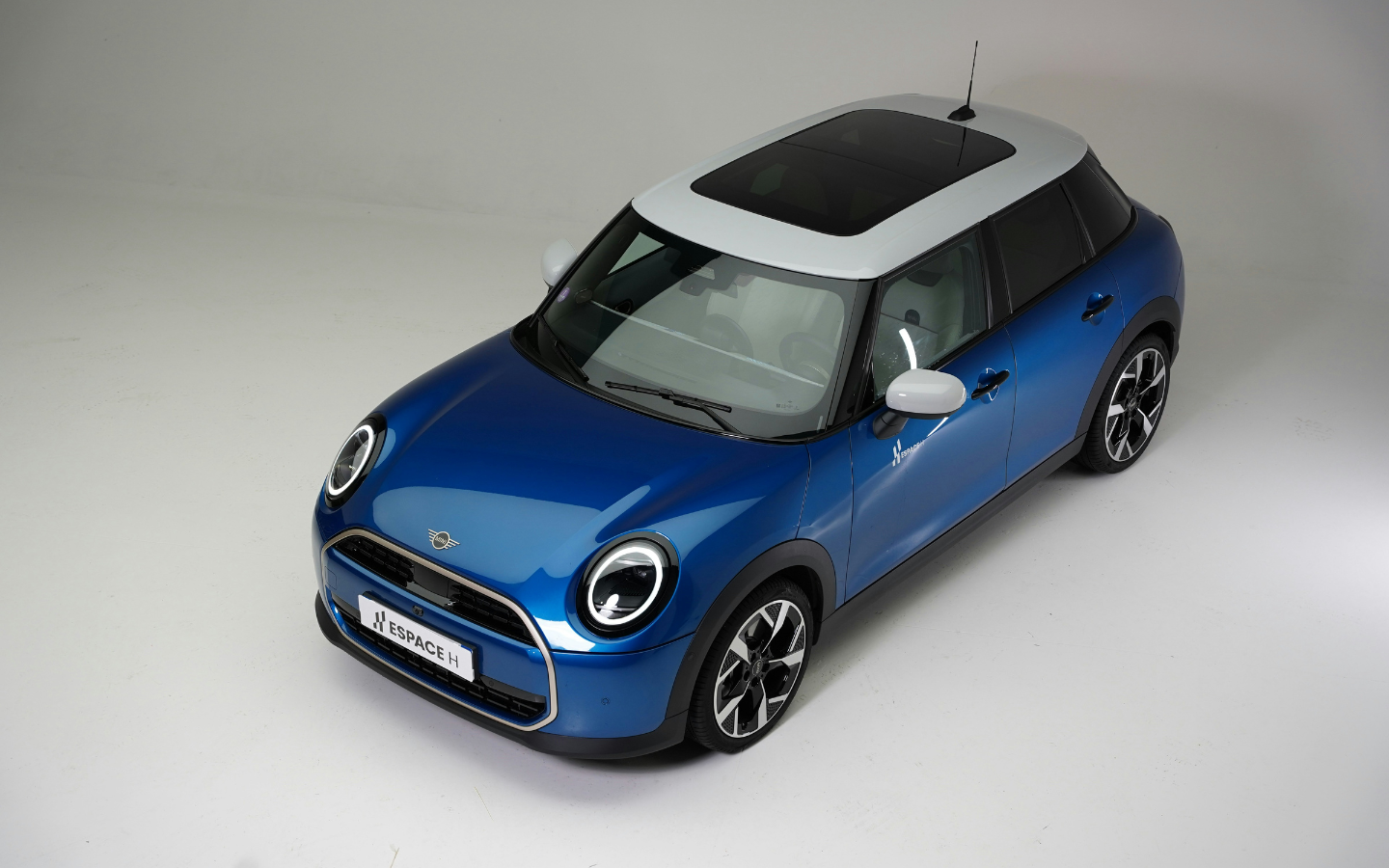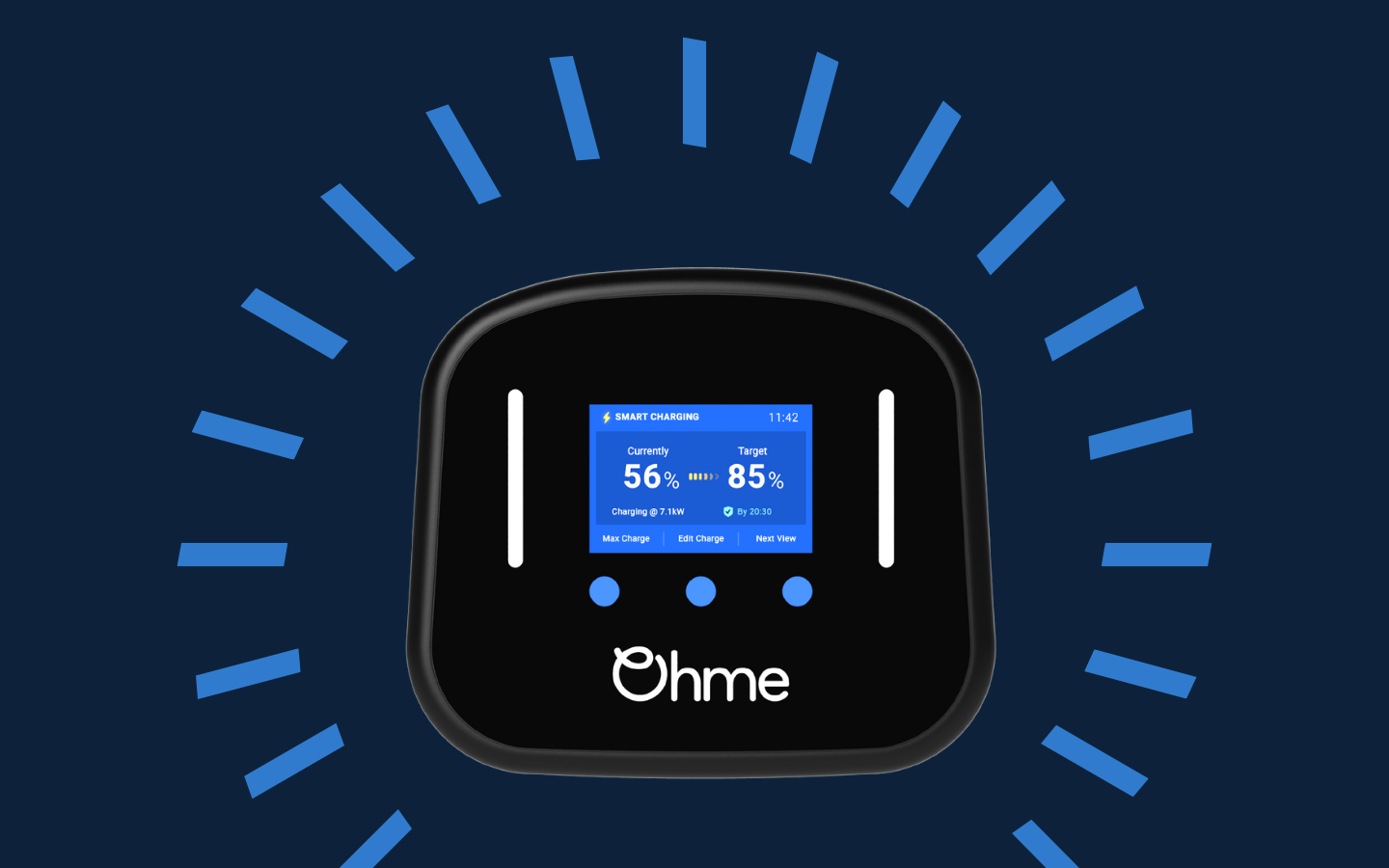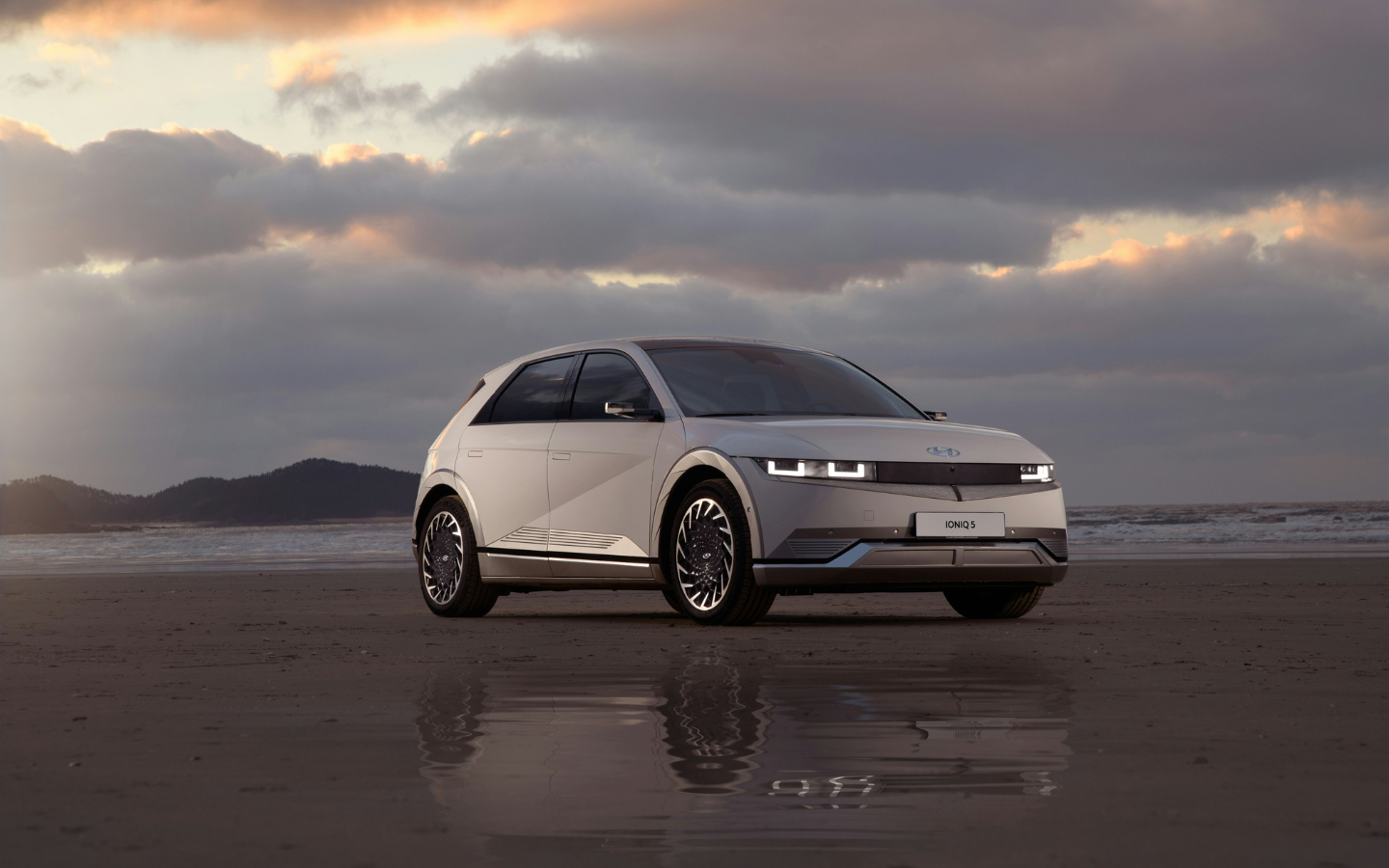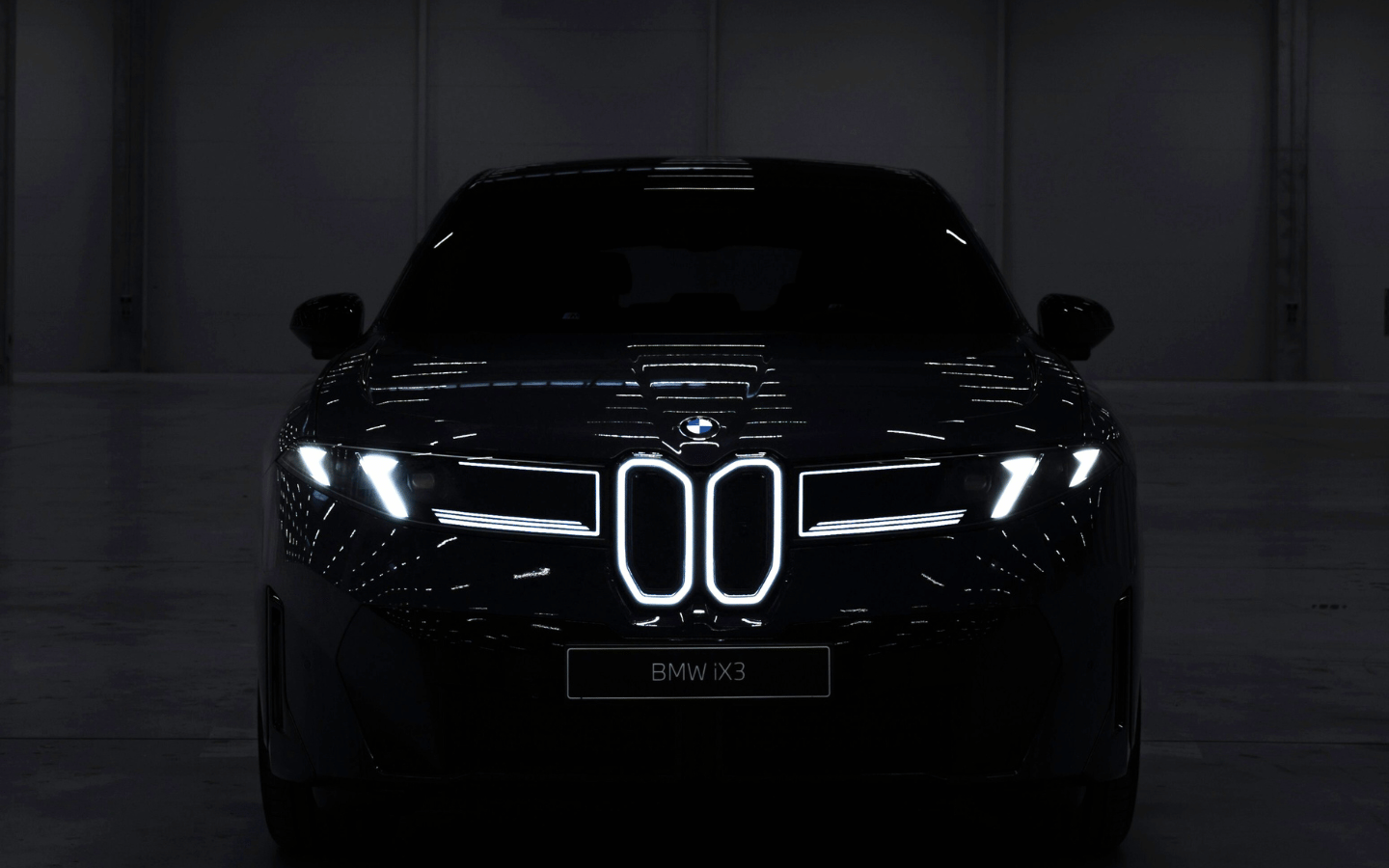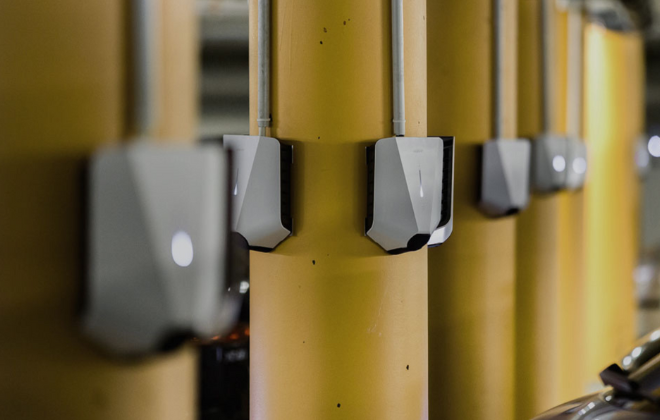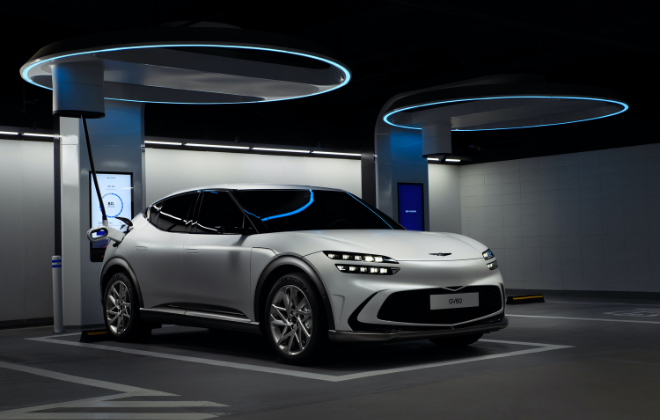

Electric Car Fires: What's the risk?
Rumours of electric car fires are spreading like wildfire nowadays. However, as a voice of truth, we’re here to tell you that, yes, electric car fires can happen. But so can petrol and diesel vehicle fires. Cars, in general, can simply set on fire for one reason or another.
However, what’s the ratio between the two? Are electric vehicles more likely to catch on fire than ICE vehicles?
In a very short word – no.
Today, we answer the heated question regarding electric cars and fires, breaking down the reasoning and backing it up with evidence in our guide to EVs and fire. We also cover the much-debated question – was the Luton airport fire caused by an electric car?
Are electric cars more likely to catch fire than ICE vehicles?
No, electric cars are not more likely to catch fire than petrol and diesel vehicles. In fact, if you get into the nitty-gritty, ICE vehicles (petrol and diesel vehicles) are actually more likely to catch on fire than electric vehicles (EVs) – according to statistics. In turn, making electric vehicles the safer choice.
Case in point – here lies the evidence that electric vehicle fires are less likely than ICE vehicles:
- According to Bedfordshire Fire and Rescue Service, in 2019, there were only 54 electric car fires compared to 1,898 ICE fires.
- In Norway, petrol and diesel cars are 4/5 times more likely to catch fire than electric cars – and this is coming from the leading country of EV adoption.
- Tesla released its vehicle safety report, which showcased how one Tesla was set on fire for every 130 million vehicle miles travelled. In contrast, one ICE vehicle fire occurred for every 18 million miles travelled.
- A Swedish Civil Contingencies Agency study found that electric cars are 20 times LESS likely to catch on fire than petrol and diesel vehicles.
- EV FireSafe reported that since 2010, 511 electric cars have set on fire (incidents of thermal runaway). There are now 40 million EVs on the road (2024), making the number of fires minimal.
- EV FireSafe also stated a 0.0012% chance of an electric car catching fire, compared to a larger 1% chance for ICE vehicles.
- AutoinsuranceEZ found that the number of fires per electric vehicle per 100k was 25, compared to the 1,529.9 fires per 100k gas car.
As EV adoption continues (1,850,000 battery electric cars in the UK to date), more evidence will be released to back up the above further. We will continue to add to this list as soon as they are published.
Should you be worried about electric cars and fires?
In our professional opinion, no, we don’t think you should worry about electric car fires in the UK – or anywhere else in the world. Unless you have a severe fear of cars spontaneously combusting in general, then we would say try not to stress. All the data points to EVs being the safer choice.
That said, the one thing that differentiates an ICE vehicle fire from an EV fire is that electric cars burn hotter and brighter, while ICE vehicles are more comparable with a slower burn. Which is probably where the fear comes from.
Remember that EVs don’t just implode randomly, though – especially batteries catching fire by themselves. Typically, EV fires are caused by faults, crashes or unwanted tampering. According to FireSafe, the leading causes of electric car fires were submersion in a body of water, road traffic collision, external fire spreading to the EV and a battery fault during manufacture.
With respect to EVs and water, you shouldn’t avoid every single drop of water if you own an electric car. Many myths are floating around, but you can do many things that involve water without fear – such as charge your EV in the rain, go through the car wash, and drive through puddles, all safely and without difficulty. It has more to do with submerging the entire vehicle in masses of water, like rivers, than with the average rainfall. Again, just like ICE cars.
Electric scooters, however, are a different matter – fires involving e-bikes and scooters are much more common.
The Luton Airport Fire & electric cars – was it an electric car that set on fire?
Now, we can almost hear you say – but the Luton airport car park fire was caused by an EV. We don’t blame you. If you saw the widespread media coverage on the topic when it first happened, you would, like many, have thought it was an electric car that caused the Luton airport due to the number of articles spreading this narrative. But let us douse the rumours.
Of course, any electric cars that were there would have caught fire, but it was only because the initial blaze was from an ICE vehicle, which then spread in the tightly packed multi-storey car park.
Are there any ways to avoid EV fires?
While rare and usually down to external factors, there are also ways to mitigate electric car fires. Many of these are similar to preventing ICE vehicle fires.
Here are ways to minimise the risk of electric car fires:
- Follow manufacturer guidelines
- Only use approved, properly maintained smart EV chargers and cables (avoiding prolonged use of three-pin plug chargers or ‘granny chargers‘ – especially with extension cables, as well as evading DIY or unqualified charger installations)
- Keep your EV properly maintained with regular servicing and MOTs to ensure your EV battery is in the best condition.
- Avoid large bodies of water (such as driving through floods).
- Try not to continuously charge your EV to 100% to keep battery temperature down (this is minimal risk, but it is good practice for battery pack health and prolonging range, regardless).
Conclusion:
If you are on the fence about buying an electric car, make sure you remind yourself of the benefits. For example, cheaper running costs, more environmentally friendly, and a smoother, quieter ride. Don’t let the artificial fear of EV fires put you off from the multitude of perks – because, remember, you’ll find that your ICE vehicle is more likely to implode – so why miss out on cheaper, greener driving?
Realistically, in a morbid revelation, you’re more likely to die from a firework (0.6%) than your EV catching fire (0.0012%)
Considering making the switch to electric? Don’t forget your home EV charger.
Save time and energy by charging your electric car on your doorstep with a home EV charger. Plus, get complete peace of mind knowing your charger is installed to the safest standards – unlike using three-pin plug charging methods, which can often overheat.
Ready for an EV charger and installation? Trust We Power Your Car. As OZEV-approved, experienced and accredited professionals, we install electric car chargers of the highest quality, ensuring your home, EV, and you are safe when charging your electric car.
Browse our wide range of smart EV chargers, or get a fast, free quote online below.
Prefer to speak to someone? Our EV experts are ready to take your call at 03333 44 96 99, all with an unbiased approach.
Latest from We Power Your Car
Stay up to date on the latest from We power your car_
I consent to receive newsletters from We Power Your Car. Please see our Privacy Policy
